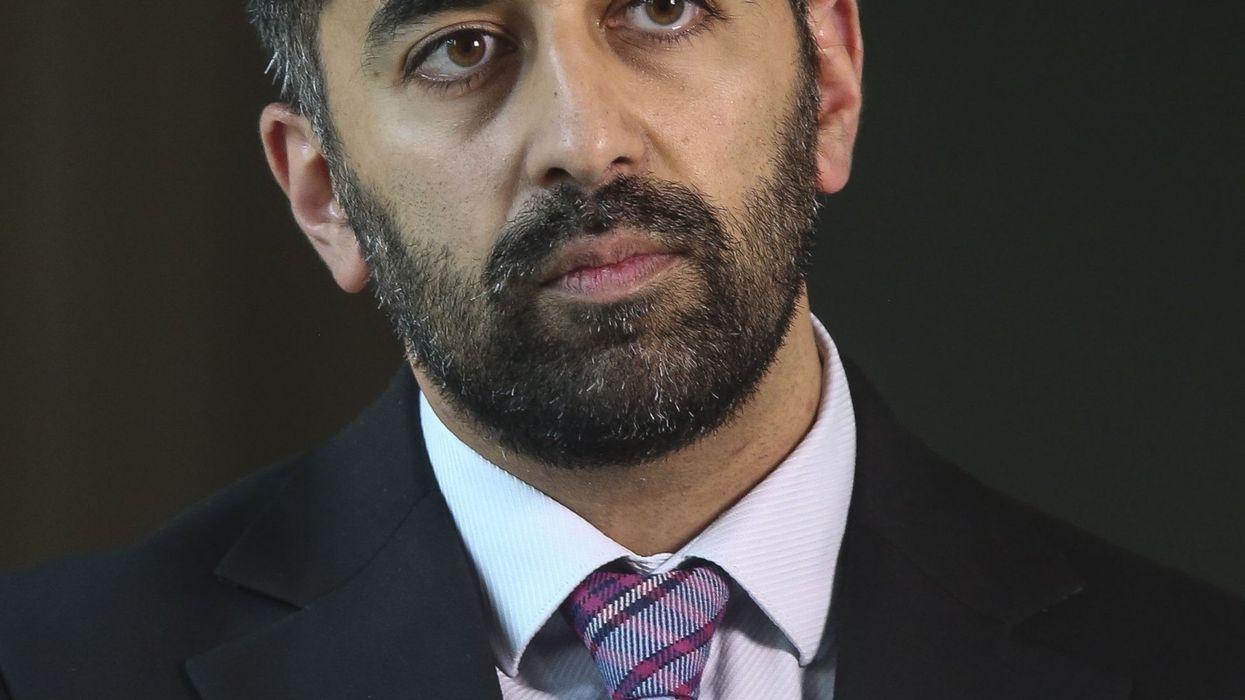By Amit Roy
LAST week I pointed out the potential for an Indian Windrush scandal because of a new immigration agreement that was signed between the UK and Indian governments.
“The agreement will enhance and accelerate the processes to return Indian nationals with no legal right to stay in the UK and vice versa, and ensure greater cooperation around organised immigration crime,” the Home Office said.
It added: “On illegal migration, the partnership will ensure swifter and more efficient returns by accelerating timescales for removals, by committing appropriate resources to facilitate returns, and steps to make it easier for Indian nationals to be identified and returned.”
All sensible people will be 100 per cent against illegal immigration, but we saw the unruly scenes in Glasgow last week when the Border Agency, acting on the orders of the Home Office, raided the home of two Indian asylum seekers, Lakhvi Singh and Sumit Sehdevi. They were released after the van taking them away was barricaded by angry local people.
It seems they had been living illegally for 10 years, but had made themselves popular in the local community.
In London, the prime minister’s spokesman said the raid had been “entirely legal and correct”, while a Home Office source commented: “It is completely unacceptable for a mob to stop the lawful removal of people living in our country illegally. This government 100 per cent backs the frontline in removing those with no right to be here.”
However, the Scottish justice secretary Humza Yousaf condemned the Home Office’s actions as “reckless”.
Pointing out that immigration was a reserved issue, he tweeted: “Situation should never have occurred – the UK Govt’s hostile environment is not welcome here.”
He added: “I abhor Home Office immigration policy at the best of times, but to have taken the action they have is at best completely reckless, and at worst intended to provoke.”
Will there be further raids in England? We saw how Theresa May’s “hostile” immigration policies led to the Windrush scandal. There is now a real risk the nightmare will be repeated – this time with Indians.
India’s prime minister Narendra Modi has many ardent supporters in the UK. They should bring to his notice the immigration agreement signed with the UK is not necessarily in the interests of the 2.5-million-strong Indian community in Britain.
There is a delicate balance to be struck between removing illegal migrants who have abused the system, and not doing so in a way that can easily create a new Windrush scandal.




